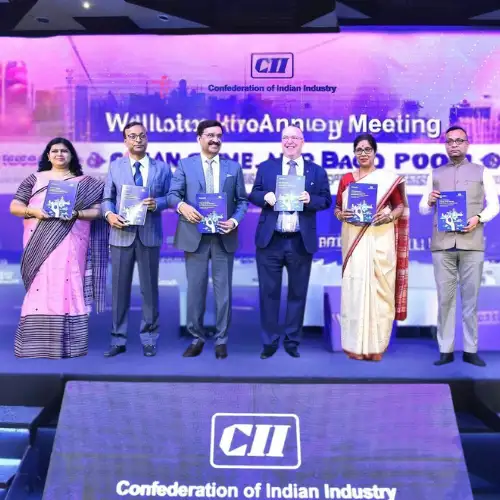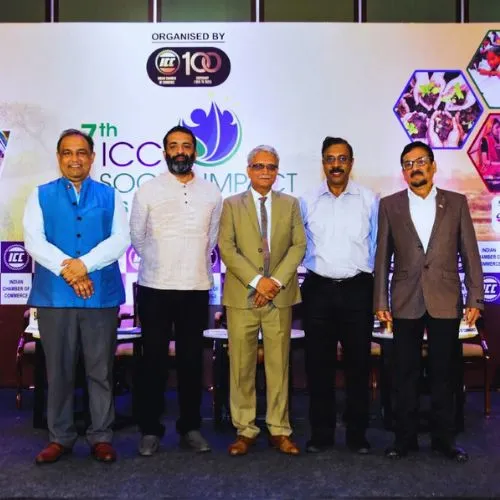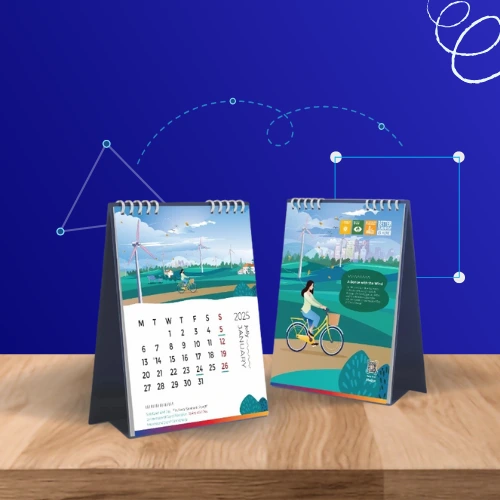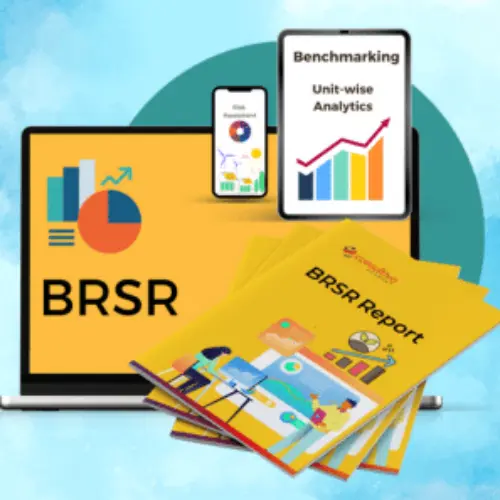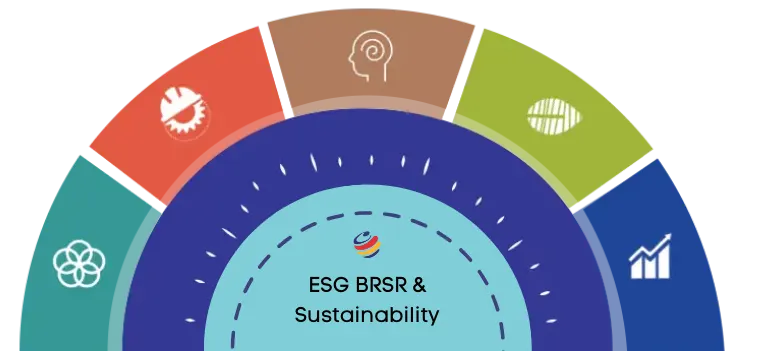Strategic & Social Research Methodology
IFC (World Bank Group) Approved Independent Consultant







1000+
consulting and audit assignments
Ready to serve anywhere you are
Across the continents
14+ years
at the forefront of Business Risk Advisory Space
20+ types of Industry Sectors
covering Manufacturing, Mining, Power & Utility, Construction, Service, High rise Buildings and Logistics
Strategic and People Response Oriented Research Methodology
Qualitative and Quantitative | Online – Onsite – Combined | Know our process, method & steps of the research, survey & study.
They are validated by more than 12 years of global experience in covering social, environmental, safety, human rights, people engagement and business ethics issues.
How Consultivo Reports are unique?
Consultivo Research Reports reflect what the management needs to know – Reality, Perception of the stakeholders, Business Risks, Effectiveness of existing Controls, Priorities, Compliances and Improvement Opportunities.
We represent them through a management dashboard with charts, heatmaps, analytics & benchmarking.
Powered by practical knowledge & expertise!
All Consultivo social and socioeconomic surveys are designed to comply with the market research codes and ethics laid down by recognised national & international bodies.
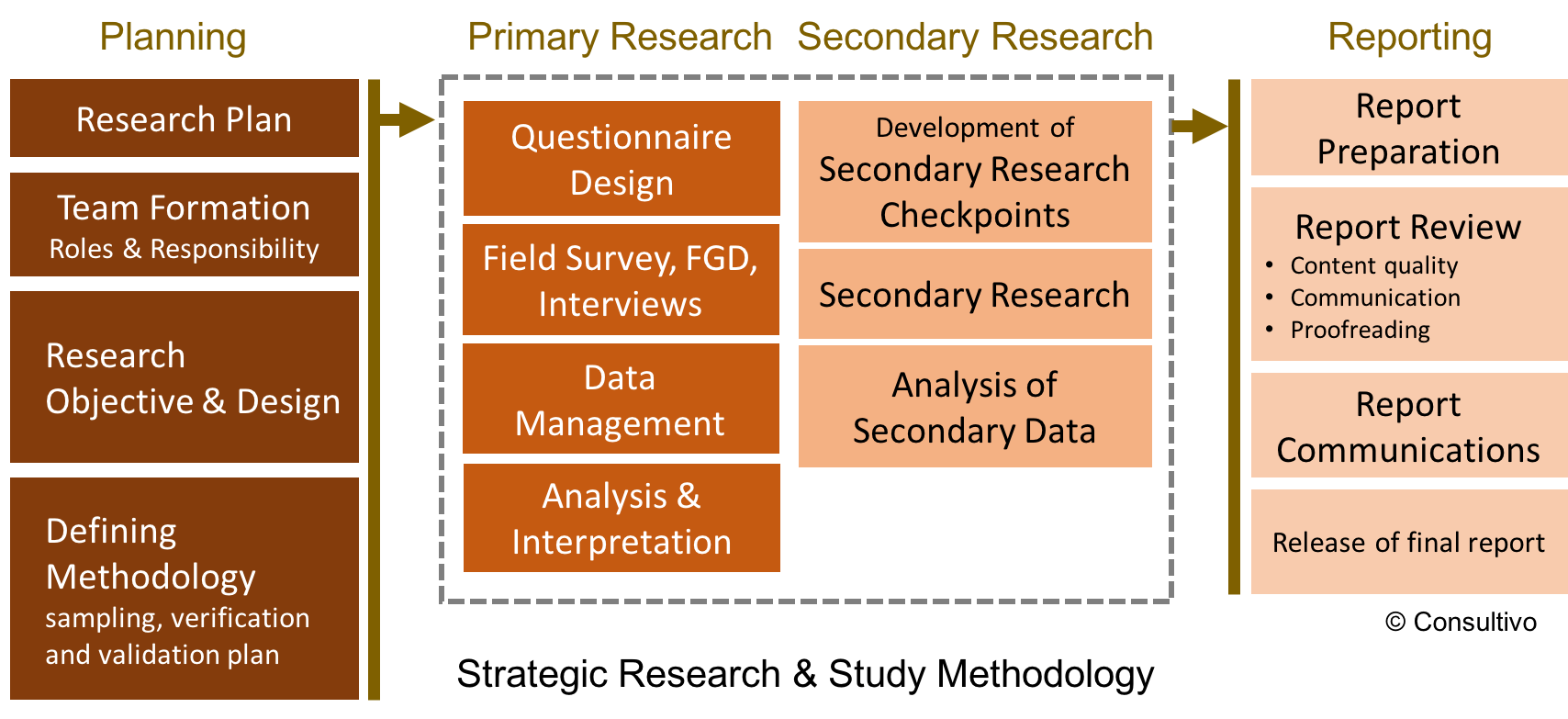
Strategic & Social Research Methodology
In Consultivo, we use several national and international standards, academic papers, code of practice and guidelines to form our own and unique strategic & social research methods. Research methodology is customised for individual projects as per the requirement.
Any typical strategic & social research methodology broadly covers the following steps:
Step I: Preparation
Formation of multidisciplinary teams:
Generally, research projects are carried out through multidisciplinary teams with necessary experience and background to undertake in-depth activities in a particular discipline, industry knowledge and skill set.
One of the team members is nominated as the team lead.
Defining the research objectives, scope and problem statement:
Each research project in Consultivo is based on documented research objectives, scope and problem statements.
It is generally followed by the hypothesis to draw the positive and negative cause and effect aspects of a problem. It narrows down the area of a research and keeps the research team in the right path.
Research design:
Research design can be done using various types of methods as per the requirements of the problem statement. It helps to administer the survey to a sample or to the entire population of people to describe the attitudes, opinions, behaviors, or characteristics of the population.
Secondary Research:
It is a research method to explore already existing data. It actually helps to
- Capture contextual data and complexity
- Identify and learn from the collective experience of others from the field
- Identification, exploration, confirmation and advancing the theoretical concepts.
Development of the interview questionnaire:
The design of your questionnaire depends very much upon the type of survey, the target audience and the possible modes of interaction (face to face, through telephonic, email, online survey tools, video conferencing etc.).
It also includes an FGD checklist, and other data capturing tools to facilitate surveys.
Step II: Field Operations
Data collection:
Various methods of qualitative and quantitative data collection are used depending on the research objective, target audience, and their accessibility. Few of them are:
- Questionnaire
- Individual Qualitative Interview
- Focus group discussions (FGD)
- Observations
A range of complementary methods are often selected to enhance the detail of the issues explored. For example, interviews and focus groups might be employed to gain further insights or highlight problems that have been initially identified in questionnaires or surveys.
The mode of interactions include:
- Face to face interactions
- Remote interactions through telephonic or video interview or through online survey portals
Data analysis
The collected qualitative and quantitative data is checked for quality and we make them ready for analysis and interpretation through our own analytics software. The method and tool are validated through several years of application.
The quantitative data points identified during the research plan remain in the focus of the analysis and interpretation. The output from the secondary research is also referred for the analysis and interpretation. However, new information, inputs and insights also become part of the report.
Step III: Preparation of Report
Reporting and communications:
Upon completion of the analysis and interpretation process, a detailed report is prepared. The report content generally includes:
- Executive summary including graphical performance indicators
- The research scope and objectives, methodology, team members, survey dates
- Overall outcome in line with the research plan and objectives
- Data visualisation of the key information, outcome and trends
- Recommendations for improvement, action plans
- Picture gallery
Read how Statistics, Data Science and Machine Learning can help you to find out Business Insights
Our research process is based on sound principles
Methodologies for strategic research and associated survey, study and analysis are characterised by reliance on a number of principles. These principles help to make our research an effective and reliable tool for gaining insights.
Adherence to these principles is a prerequisite for providing research conclusions that are relevant and sufficient. They also enable research professionals working independently from one another, to reach aligned conclusions in similar circumstances.
How do we manage & evaluate competence of the research professionals?
A quantitative or qualitative research methodology requires several professionals with specialised expertise, knowledge and experience.
Few of the roles are Project Technical Lead, Project Manager, Research Methodology Developer, Questionnaire Developer, Field Coordinator, Surveyor/Enumerators, Interviewers, Statistical Analyst, Data Manager.
The communication team includes Report Editor and Communication specialist, Proofreader, Data Visualizer and Graphic designer.
As one of the leading social research companies in India, competence is evaluated and nurtured regularly in Consultivo through a robust and tested process. It considers personal behavior and the ability to apply the knowledge and skills gained through education, work experience, auditor training and audit experience.
The evaluation of competence is planned, implemented and documented in accordance with the internal procedures.
Research Methodology Qualitative and Quantitative Remote and online research, study & survey
Remote research & study through digital interactions
Fully remote or coupled with physical visits, remote research, study & surveys can enable time & cost-efficiency, access to competence, increases reach and mitigates risk.
We ensure the same transparency, diligence and quality outcome we deliver through our conventional research process.
Our remote survey delivery modes:
- Online survey tools which enable online responses from the respondents who have access to computers/emails.
- For people who do not have access to computers or emails, they are covered through ready available communication tools, such as Google Duo (one to one), WhatsApp, on a smartphone.
- Group interviews or focus group discussions can be facilitated by organisational set up of video conferencing
- Use of easily available communication tools, such as Teams, Meet, Duo (one to one), WhatsApp, Zoom on a tablet, smartphone or laptop for discussions and interviews of management people.
- In case it is required, sharing of documents, photographs etc. can be organised
How does it work?
Remote research & analytics (both quantitative and qualitative) methodology is very similar to the physical ones. The interactions centre around the scope and objective chosen, ensuring that the right research evidence is collected, verified and stored according to what the activity requires.
However, the interactions and evidence collection process are through digital mode and they are planned or executed a bit differently.
Limitations: Connectivity, the literacy level of the respondents, availability of resources (like the computer, smartphone) and mindset of the process owners

Let's discuss

Impact Stories
The impact we create. The excellence we inspire.
Read a few of our stories as we partner in the CSR journey of different organisations as an impact consulting firm.

The internationally reputed company is a leading FMCG player with global presence. They have more than 20 ongoing CSR projects across India.
We started with the defined objectives and scope of the assessment, including the social, environmental, and economic impacts to be evaluated and the stakeholders to be included.
We collected data through various methods, such as surveys, interviews, FGDs and site visits.
Finally, we analyzed the data to evaluate the effectiveness of the CSR initiatives and identify areas for improvement, and prepared the independent CSR Impact Assessment Report for communicating the results to stakeholders to ensure transparency and accountability.
Relevant Standards and Protocols used:
Consultivo ImpactMap, National Guidelines on Responsible Business Conduct (NGRBC), ISO 26000, Global Reporting Initiative (GRI) Standards, SDG Guidelines, Theory of Change (ToC), Good Industry Practices
Industry
FMCG
Multiple Locations across Indian States
20+ Major CSR Projects
Thematic Areas
Livelihood Promotion, Skills Development
Healthcare
Women Empowerment
Environment
Water and Sanitation
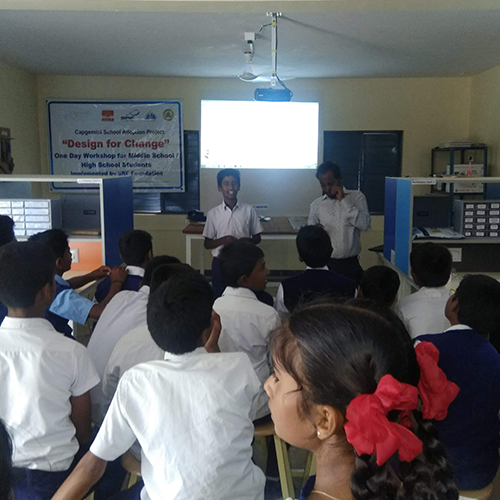
The internationally reputed company is a leading FMCG player with global presence. They have more than 20 ongoing CSR projects across India.
We started with the defined objectives and scope of the assessment, including the social, environmental, and economic impacts to be evaluated and the stakeholders to be included.
We collected data through various methods, such as surveys, interviews, FGDs and site visits.
Finally, we analyzed the data to evaluate the effectiveness of the CSR initiatives and identify areas for improvement, and prepared the independent CSR Impact Assessment Report for communicating the results to stakeholders to ensure transparency and accountability.
Relevant Standards and Protocols used:
Consultivo ImpactMap, National Guidelines on Responsible Business Conduct (NGRBC), ISO 26000, Global Reporting Initiative (GRI) Standards, SDG Guidelines, Theory of Change (ToC), Good Industry Practices
Industry
FMCG
Multiple Locations across Indian States
20+ Major CSR Projects
Thematic Areas
Livelihood Promotion, Skills Development
Healthcare
Women Empowerment
Environment
Water and Sanitation
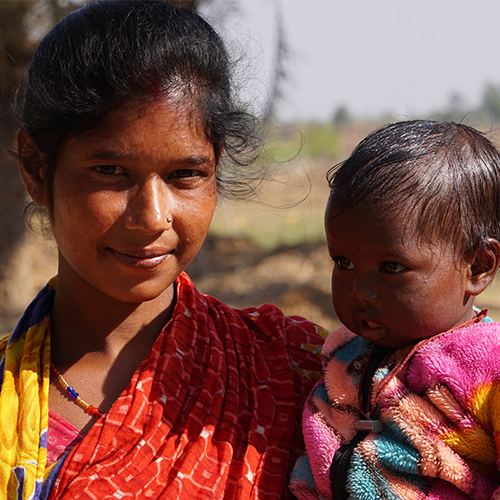
The organisation is a a leader in packaged power technology and has been one of India’s most reliable brands for more than seven decades.
First, the objectives and scope of the assessment were defined, which included evaluating the social, environmental, and economic impacts and identifying relevant stakeholders.
Next, data was collected through various means, including surveys, interviews, focus group discussions, and site visits.
Finally, the data was analyzed to assess the effectiveness of CSR initiatives, pinpoint areas for improvement, and develop an independent CSR Impact Assessment Report, which was communicated to stakeholders for transparency and accountability purposes.
Relevant Standards and Protocols used:
Consultivo ImpactMap, National Guidelines on Responsible Business Conduct (NGRBC), ISO 26000, Global Reporting Initiative (GRI) Standards, SDG Guidelines, Theory of Change (ToC), Good Industry Practices
Industry
Engineering and Automobile
30+ CSR Projects spread across 10 states of India
Thematic Areas
Environment, basic education, health, women empowerment and community development
Livelihood Promotion, Skills Development
Healthcare
Women Empowerment
Environment
Water and Sanitation
Featured Insights
Curiosity Zone

Some more answers to your questions – FAQ
A confidence interval is considered very critical while designing any strategic & social research methodology. It is the margin of error we may experience if we ask a particular research question to every member of the target population and receive the same answer back that the members of the sample gave in the survey.
For example, if the researcher used a confidence interval of 5 and 70% of the participants in any social survey sample answered “Would recommend to colleagues,” he could be sure that between 65% and 75% of the members of the entire target population would also say “Would recommend to friends” when asked the same question.
The confidence interval, in this case, is +/- 5.
A confidence level is defined as how confident we are of the data obtained from a sample. Defining the appropriate confidence level is very crucial in any quantitative and qualitative research methodology.
Confidence levels are expressed as a percentage (%). They indicate how frequently that percentage of the target population would give an answer that lies within the confidence interval.
The most commonly used confidence level is 95%. A related concept is called statistical significance.
Determinations of sample sizes are very crucial in any quantitative and qualitative research methodology. Specific situations are readily obtained through the selection and application of the appropriate mathematical equation. Inputs needed to determine the minimum sample size are:
- If the data are continuous (variable) or discrete (attribute)
- If the population is finite or infinite
- What confidence level is desired/specified
- The magnitude of the maximum allowable error (due to bias, dispersion, and/or non-reproducibility)
- The likelihood of occurrence of a specific event
Consultivo is one of the leading Social Research Agencies in India, and provides complete range of research & analytics solutions like Social Surveys, ESG Research, Independent CSR Impact Assessment, Social Impact Assessment, Need Assessment Study, Baseline Survey, Stakeholder Mapping and Engagement, CSR Project Monitoring and Evaluation (M&E), Sustainability Research Projects, Employee Engagement and Perception Surveys and many more.
GLOBAL Experience




